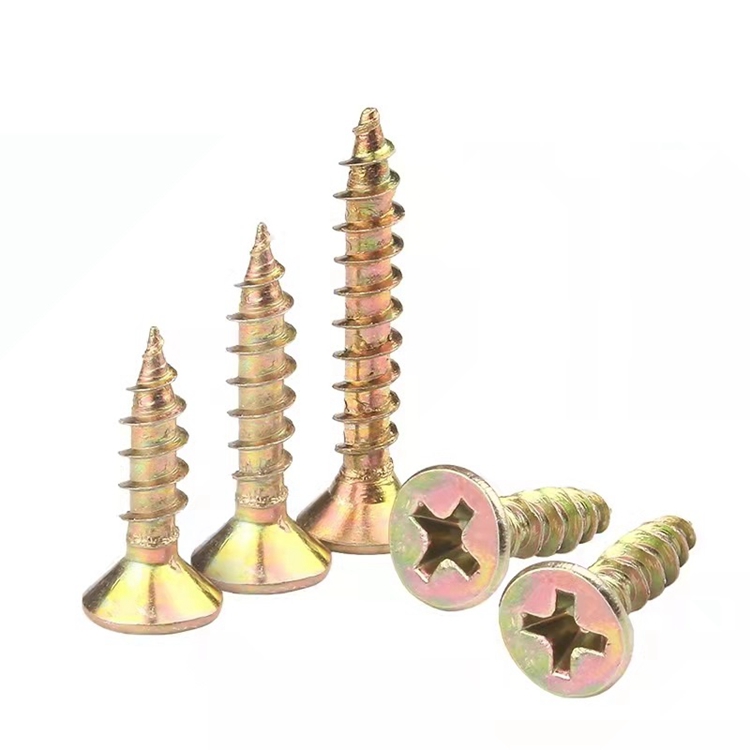High-Quality OEM Stainless Steel Bolts for Reliable Industrial Applications and Fasteners
វិច្ឆិកា . 29, 2024 14:21 Back to list
High-Quality OEM Stainless Steel Bolts for Reliable Industrial Applications and Fasteners
The Importance of OEM 201 and 202 Stainless Steel Bolts in Modern Engineering
In the world of engineering and manufacturing, the choice of materials is crucial for the success and longevity of various applications. Among these materials, stainless steel has emerged as a reliable and preferred option due to its excellent properties, including corrosion resistance, strength, and aesthetic appeal. Within the realm of stainless steel, specific grades such as OEM 201 and 202 have gained prominence, particularly in the production of bolts. This article delves into the significance of these grades in the context of modern engineering.
Understanding OEM 201 and 202 Stainless Steel
OEM, or Original Equipment Manufacturer, refers to products that are produced for specific applications or industries. Stainless steel is classified into various grades, each with unique properties that make it suitable for particular uses. Grades 201 and 202 belong to the austenitic family of stainless steels, which are known for their non-magnetic characteristics and high levels of durability.
Grade 201 stainless steel is composed of chromium, nickel, and manganese. The addition of manganese enhances its strength, making it an economical alternative to higher nickel-containing grades. This characteristic provides manufacturers with cost-effective solutions while maintaining essential performance metrics. Similarly, grade 202 stainless steel, which is modified with additional nickel, offers improved corrosion resistance and strength. This makes both grades favorable for applications where performance and financial constraints must be balanced.
Applications of OEM 201 and 202 Stainless Steel Bolts
The versatility of OEM 201 and 202 stainless steel bolts makes them suitable for various applications across different industries. One prominent field is the construction industry, where these bolts are used to secure structural components such as bridges, buildings, and towers. Their resistance to rusting and corrosion ensures a long lifespan, which is paramount in construction for both safety and economic reasons.
oem 1 2 stainless steel bolts

In the automotive sector, these stainless steel bolts find applications in engine assemblies, chassis, and suspension systems. The durability and resistance to high temperatures make them ideal for critical components that undergo mechanical stress and exposure to harsh environmental conditions. Moreover, their aesthetic appeal helps in maintaining the visual integrity of automotive designs.
The food and beverage industry also benefits from the use of OEM 201 and 202 stainless steel bolts. Given the stringent hygiene standards that govern this sector, the non-reactive nature of stainless steel is a significant advantage. The bolts can be safely used in equipment that comes into contact with food products, thereby ensuring compliance with health regulations.
The Advantages of Using OEM 201 and 202 Stainless Steel Bolts
One of the main advantages of using OEM 201 and 202 stainless steel bolts is their cost-effectiveness. Compared to higher-grade stainless steel options, these grades offer a good balance between performance and affordability. This makes them attractive choices for manufacturers looking to optimize their supply chain without compromising on quality.
Another advantage is their relative ease of fabrication. These bolts can be easily manufactured and machined, allowing for quick and efficient production processes. The ability to produce large volumes without significant delays is crucial for industries that rely on just-in-time manufacturing systems.
Conclusion
In conclusion, OEM 201 and 202 stainless steel bolts play a vital role in modern engineering and manufacturing applications. Their unique composition provides a blend of strength, durability, and corrosion resistance, making them suitable for various industries, including construction, automotive, and food processing. As industries continue to innovate and seek cost-effective solutions, the importance of these stainless steel grades will only grow. By leveraging the advantages of OEM 201 and 202 stainless steel bolts, manufacturers can ensure reliability and performance in their products while maintaining competitive prices in the marketplace. Embracing these materials not only enhances the quality of engineering solutions but also contributes to the evolution of manufacturing practices in a constantly changing world.
Latest news
-
Top Wire Bolts Suppliers - Quality & Durable Fasteners
NewsAug.15,2025
-
Trusted Wire Bolts Company | Quality Fasteners Supplier
NewsAug.14,2025
-
Reliable Wire Bolts Suppliers & Manufacturers for Global Needs
NewsAug.13,2025
-
High-Quality Bolts for Lawn Mower Handle Supplier
NewsAug.12,2025
-
Leading Phosphated Drywall Screws Supplier | Bulk & Custom Orders
NewsAug.11,2025
-
Top Wire Bolts Company: Manufacturers, Exporters & Suppliers
NewsAug.10,2025
